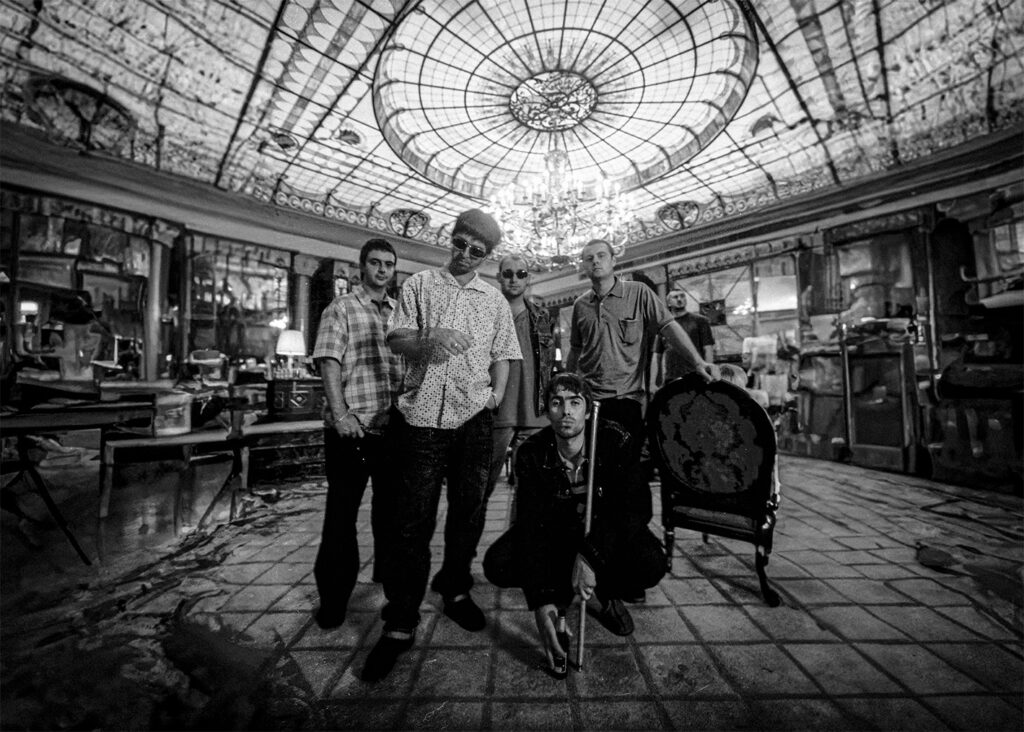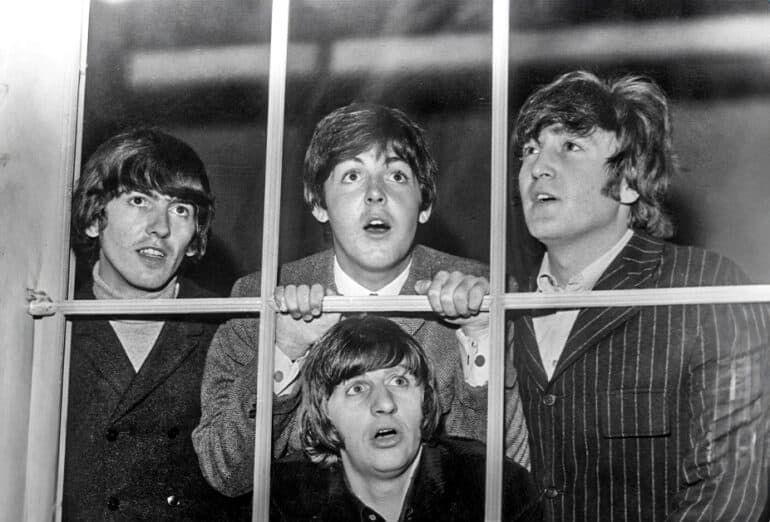In a surprising announcement that has sent shockwaves through the music world, Sir Paul McCartney revealed that a new and long-awaited Beatles recording will be released later this year. Through the use of groundbreaking AI technology, McCartney and his team have managed to extract John Lennon’s voice from an old demo and complete a song that has remained unfinished for decades. This article delves into the details of this remarkable achievement and the significance it holds for Beatles fans worldwide.
LISTEN BELOW:
The Resurrection of John Lennon’s Voice:
The upcoming release of the final Beatles recording has sparked immense excitement among fans. Although McCartney did not disclose the title of the song, speculations suggest it might be the 1978 Lennon composition, “Now and Then.” This demo, along with others labeled “For Paul,” was originally recorded by Lennon on cassette tapes shortly before his untimely death in 1980. Years later, Lennon’s widow, Yoko Ono, presented the tapes to McCartney.
Utilizing AI to Reconstruct the Demo:
The idea to reconstruct the demo using AI technology originated from Peter Jackson’s documentary, “Get Back.” Emile de la Rey, the dialogue editor for the film, employed custom-made AI to identify the voices of the Beatles and separate them from background noise. This breakthrough allowed McCartney to “duet” with Lennon during his recent tour and enabled new surround-sound mixes of the Beatles’ iconic album, Revolver.
The Role of AI in the Restoration Process:
McCartney shared insights into the utilization of AI technology in reviving Lennon’s voice. The process involved training the AI system to recognize Lennon’s voice and separate it from other elements in the recording, such as the piano. By instructing the AI to isolate specific components, McCartney and his team were able to obtain a pure rendition of Lennon’s vocals, providing them with the flexibility to mix the record according to their artistic vision.
The Past and Future of the Song:
“Now and Then” had previously been considered a potential reunion song for the Beatles during the compilation of their Anthology series in 1995. Two songs from Lennon’s cassette tapes, namely “Free As A Bird” and “Real Love,” were released by the surviving band members, marking the first new material from the Beatles in a quarter of a century. Despite attempts to record “Now and Then” at that time, the session was abandoned due to creative differences and technical issues.
Controversy and Excitement Surrounding AI Music:
The emergence of AI-generated music has ignited both controversy and fascination in the industry. Instances of high-profile AI fakes featuring artists like Drake, the Weeknd, and Kanye West have garnered significant attention. UK band Breezer has even used AI to imagine what an Oasis reunion and a new album in 2023 would sound like. Their album, aptly titled “AISIS,” has garnered widespread attention and positive responses from Oasis fans and even received praise from Liam Gallagher himself.

“Mad as f**k. I sound mega”
Liam Gallagher, on ‘AISIS’
McCartney’s Reflection on AI in Music:
While McCartney expressed concern over certain applications of AI music, he acknowledged its potential and the sense of both excitement and unease it brings. He recognized that AI technology has the capacity to recreate the voices of deceased artists, a phenomenon that can be simultaneously daunting and intriguing. McCartney emphasized the need to observe the future implications of AI music and its impact on the industry.
Find out more about ChatGPT writing a song for Aussie rock band Kingswood
